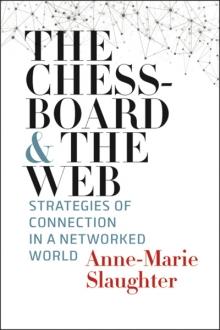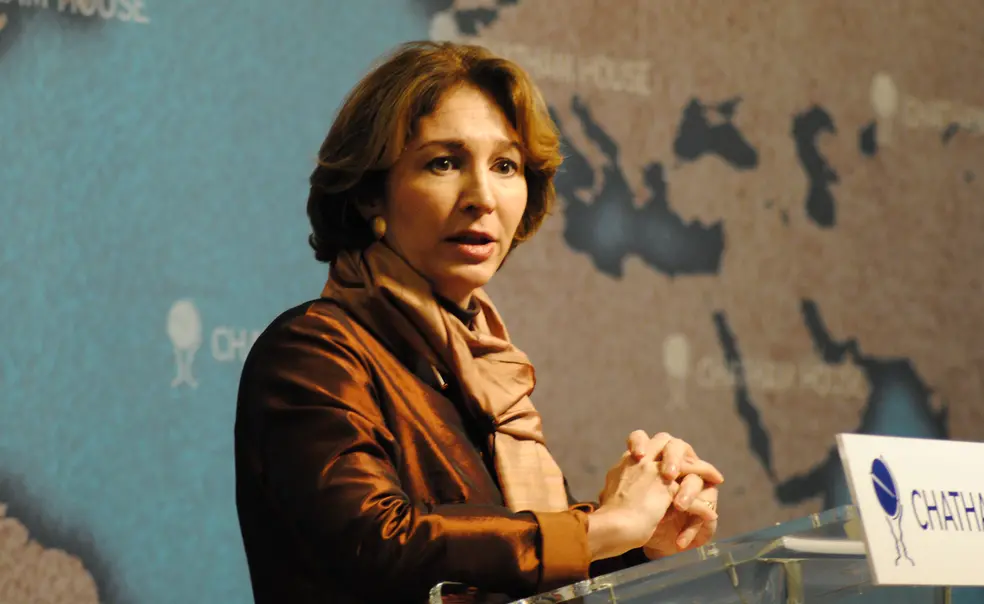Anne-Marie Slaughter ’80 Argues for Greater Connectivity

The author: Before she was dean of the Woodrow Wilson School from 2002 to 2009, Slaughter studied in the Woodrow Wilson School as an undergraduate. In 2009, she left her deanship and became the first female director of policy planning for the State Department. She is now president and CEO of think tank New America, as well as professor emerita of politics and international affairs. Her previously published books include Unfinished Business: Women, Men, Work, Family (Random House) and A New World Order (Princeton University Press).
Opening lines: “In June 2015, China and forty-nine other nations created the Asian Infrastructure Investment Bank, or AIIB. The United States had urged all its allies not to participate because it saw the AIIB as competition for the Asian Development Bank, which it had created in 1966 along with a cluster of European nations, Australia, New Zealand, Taiwan, Japan, India, and others. That the AIIB got off the ground was widely seen as a diplomatic fiasco for the United States.”
Reviews: Eric Schmidt ’76, executive chairman of Alphabet Inc., called it “[a] profound and insightful view of geopolitics from one of the greatest living foreign-policy thinkers. This book should be required reading for any student or practitioner of international relations. It will only become more relevant and prescient over time.”












No responses yet